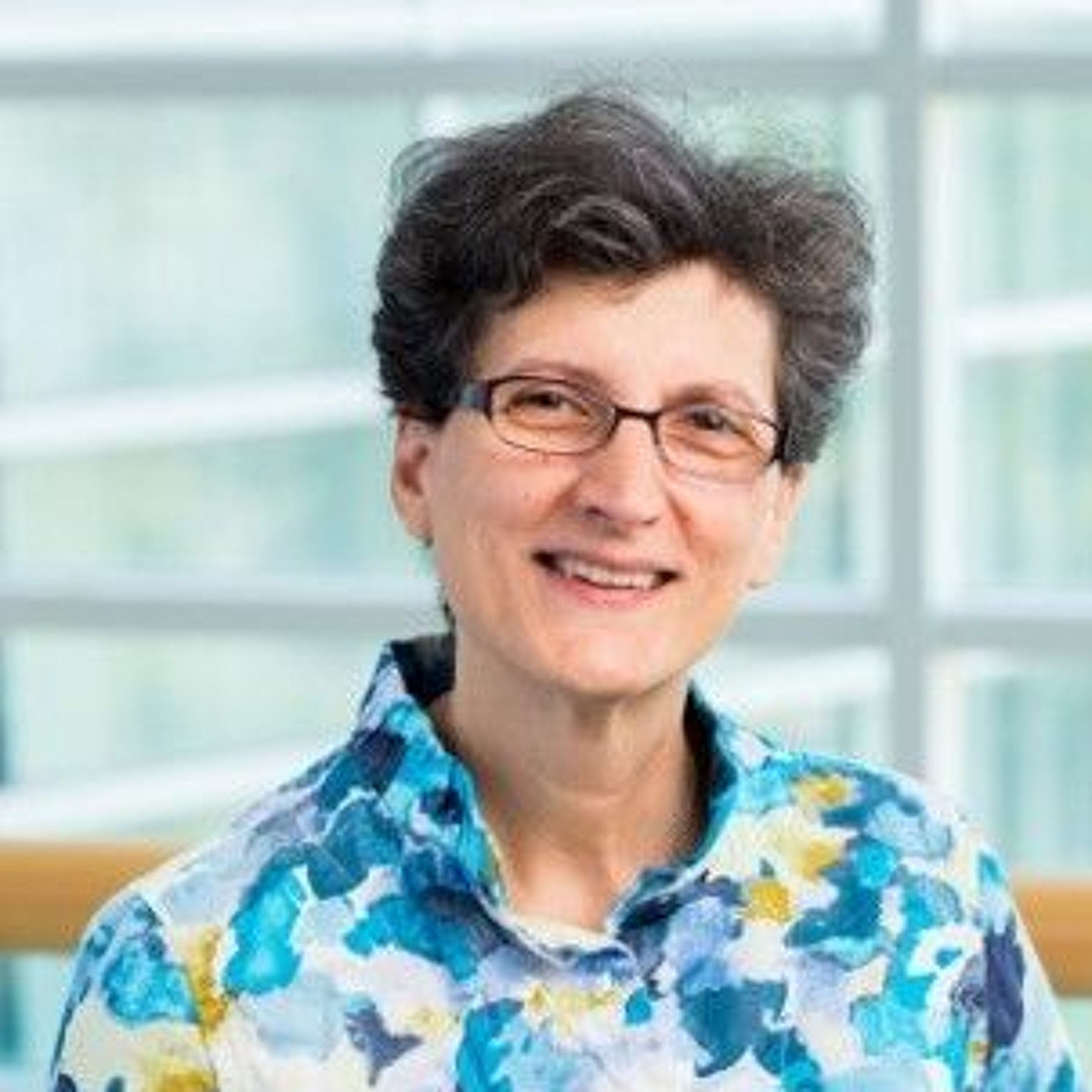Addressing disparities in genomic testing, personalized treatment, and outcomes

Siran Koroukian, PhD, is a leading health policy and health services researcher whose work bridges health equity, big data, public health, and cancer. \n\nIn her new study\u2014funded through a collaboration between the American Cancer Society and Flatiron Health\u2014Dr. Koroukian will use real world data from Flatiron\u2019s national de-identified oncology datasets curated from electronic health records. Using clinical and genomic data gathered from routine care, she will explore patterns of genomic testing and precision medicine among patients with metastatic colon cancer.\n\nWith this research she hopes to \u201cunravel new opportunities to improve the quality and equity of cancer care in colorectal cancer patients with metastatic disease, thus informing new interventions to improve cancer outcomes, and lead to a more equitable distribution of scarce healthcare resources.\u201d\n\nSiran Koroukian, PhD, is Associate Professor in the Department of Population and Quantitative Health Sciences at Case Western Reserve University. She also leads the shared resource on population cancer and analytics within the comprehensive cancer center. And she\u2019s a four-time American Cancer Society grantee. She was recently the recipient of the American Cancer Society Flatiron Health Real-World Data Impact Award to advance patient-centric research.\n\n2:23 \u2013 On informed cancer care and management and why it\u2019s important for colorectal cancer patients\n\n4:34 \u2013 Current treatment guidelines for colorectal cancer patients with advanced or metastatic disease\n\n10:25 \u2013 Why are colorectal cancer patients who are young and healthy but underserved not receiving genomic testing and personalized therapy?\n\n15:18 \u2013 On how inefficiencies in the health care system and the overuse of finite health care resources contributes to disparities \n\n19:48 \u2013 How her research into Flatiron Health datasets\u2014which include patients of all ages with many kinds of insurance status\u2014will show who is benefiting from precision medicine and who is not\u2026\n\n20:55 \u2013 \u2026and how her research could help more patients benefit from precision medicine\n\n23:22 \u2013 The impact of ACS funding on her career\n\n26:00 \u2013 A message she\u2019d like to share with cancer patients, survivors, and caregivers